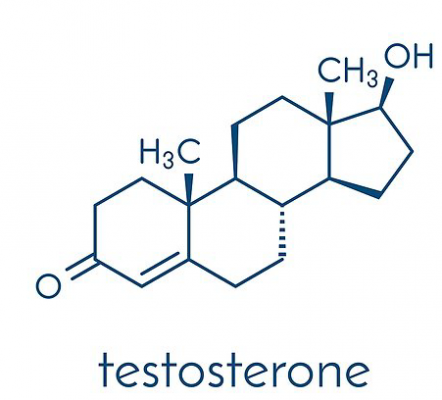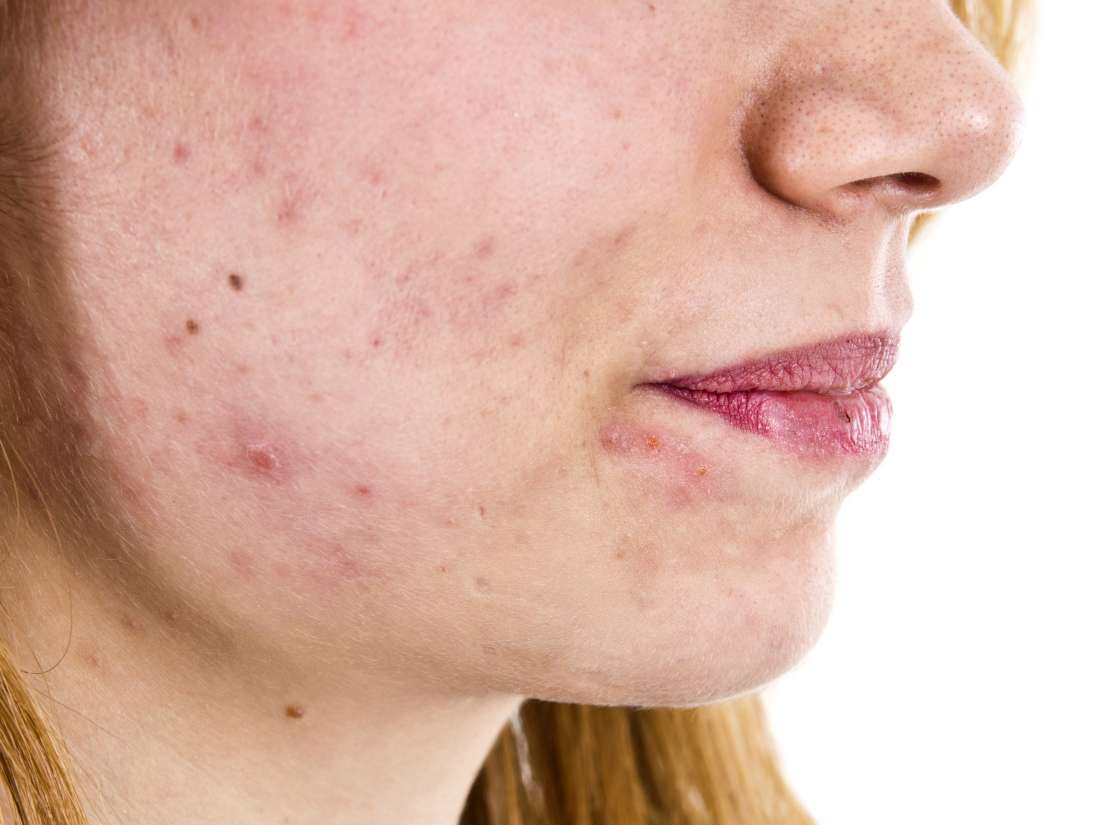Health/Nutrition
Dealing with Hormone Imbalances
High levels of androgens.
Androgens are sometimes called “male hormones,” however, women also produce small amounts of androgens. Most common androgen known is testosterone and androstenedione which control the development of male traits. Other androgens include dihydrotestosterone (DHT), dehydroepiandrosterone (DHEA) and DHEA sulfate (DHEA-S). In females, one of the main purposes of androgens is to be converted into the female hormone estrogen.

Androgens in women are produced in the ovaries, adrenal glands and fat cells. They play a key role in the hormonal regulation during puberty by stimulating hair growth in the pubic and underarm areas. In adult women, androgens are necessary for estrogen synthesis and have been shown to play a key role in the prevention of bone loss, as well as sexual desire. However, women with PCOS have excess amounts of androgens (hyperandrogenism) which causes acne, hirsutism (excess hair growth) and thinning of hair on the head (balding), irregular or absent periods, infertility, and blood sugar disorders.
Insulin Resistance
Insulin is a hormone that controls glucose produced by the foods we eat. Insulin converts and stores glucose for energy use. Insulin resistance is when the body’s cells do not respond normally to insulin. As a result, your insulin blood levels become higher than normal. Many women with PCOS have insulin resistance, especially those who are overweight, have a poor diet, no physical activity, and have a family history of diabetes (usually type 2 diabetes). When the body is unable to effectively use insulin to store glucose of energy use. The pancreases cells continue to produce more insulin in demand of the bodies need to store glucose, this process over time can lead to type 2 diabetes.
High insulin levels can cause thickening and darkening of the skin (acanthosis nigricans) on the back of the neck, axilla (under the arms), and groin area. In women with PCOS, high insulin levels can also cause the ovaries to make more androgen hormones such as testosterone. This can cause increased body hair, acne, and irregular or a few periods.

Left untreated, high levels of androgens and insulin, regardless of whether a woman has PCOS or not, are associated with serious health consequences, such as diabetes, high cholesterol, high blood pressure, heart disease, and infertility.


 Français
Français